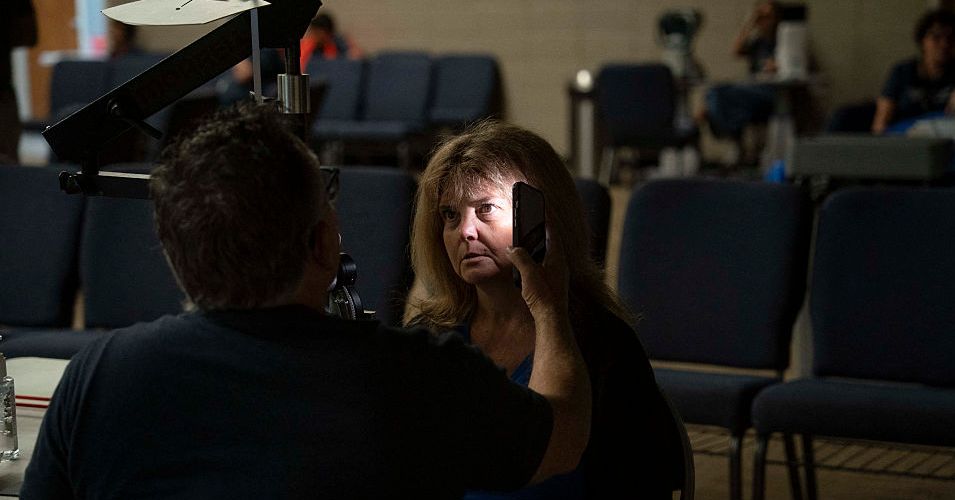
Senate Republicans on Tuesday passed President Donald Trump’s sprawling tax and spending package, known as the “One Big Beautiful Bill,” paving the way for a major overhaul of the country’s Medicaid program. If passed by the House, which could happen before the July Fourth holiday, millions of people stand to lose their health insurance.
The number of people without health insurance in the United States nearly halved from 2013 to 2023, falling from around 14 percent to a record low of less than 8 percent, largely driven by coverage expansion under the Affordable Care Act. That rate has held relatively steady over the past few years, with around 26 million people in the US currently without health insurance.
But the Republican budget bill making its way through Congress would likely cause those numbers to surge, adding millions of people to the rolls of the uninsured. A review from the end of June by the nonpartisan Congressional Budget Office estimates cuts of nearly $1 trillion from the Medicaid program and a loss of coverage for almost 12 million Americans by 2034 under the Senate version of the bill. (The legislation could still undergo last-minute changes before being passed.)
“Cuts to federal health care spending of this magnitude are likely to have consequences for hospitals and could lead some to lay off staff, offer fewer services, or close altogether. On top of that, with nearly 12 million people projected to lose health insurance, many would have a harder time affording needed care,” says Zack Levison, a health policy expert at KFF, a nonpartisan health policy research, polling, and news organization.
The White House says the cuts will help root out “waste, fraud, and abuse in government programs to preserve and protect them for those who rely most on them.”
One of the ways the bill would restrict access to coverage is by imposing a work requirement to enroll in Medicaid, which provides health coverage for 72 million low-income and disabled Americans. There has never been a federal work requirement for people to receive Medicaid benefits—only assessments of a person’s income and disability status—and the majority of adults in the program are already working or looking for work.
Under the bill, adults would be required to work or volunteer 80 hours a month to qualify for enrollment. Disabled and pregnant individuals would qualify for exemptions, and the Senate-passed version would allow parents with children under the age of 14 to apply for exemptions. The House version would have allowed all parents of dependent children to do so.
Deborah Greenhouse, a pediatrician in South Carolina and spokesperson for the American Academy of Pediatrics, worries about parents navigating the new exemption system. “This bill will be catastrophic for children with Medicaid,” she says. It could impose bureaucratic red tape for those who do qualify for exemptions, and some parents may not be able to meet the work requirement if they have older children with special needs.





